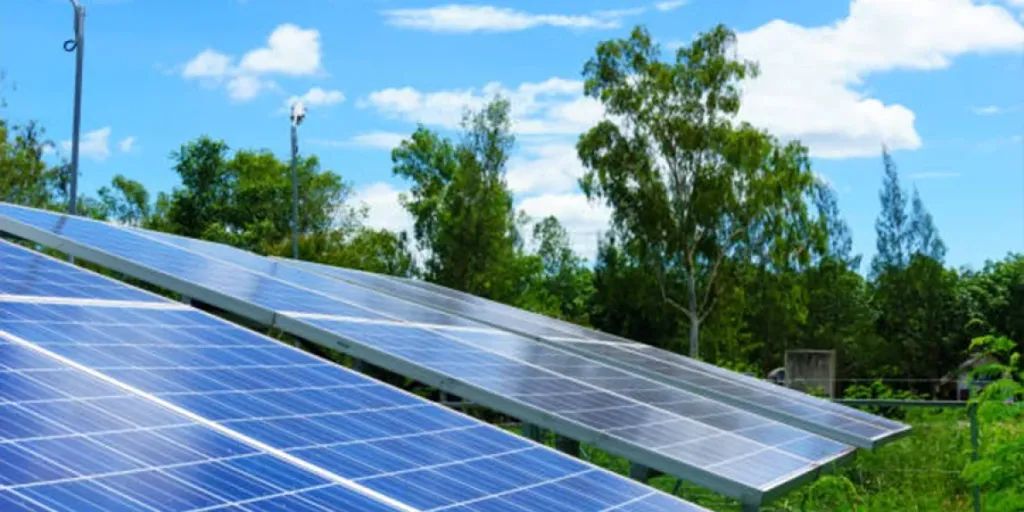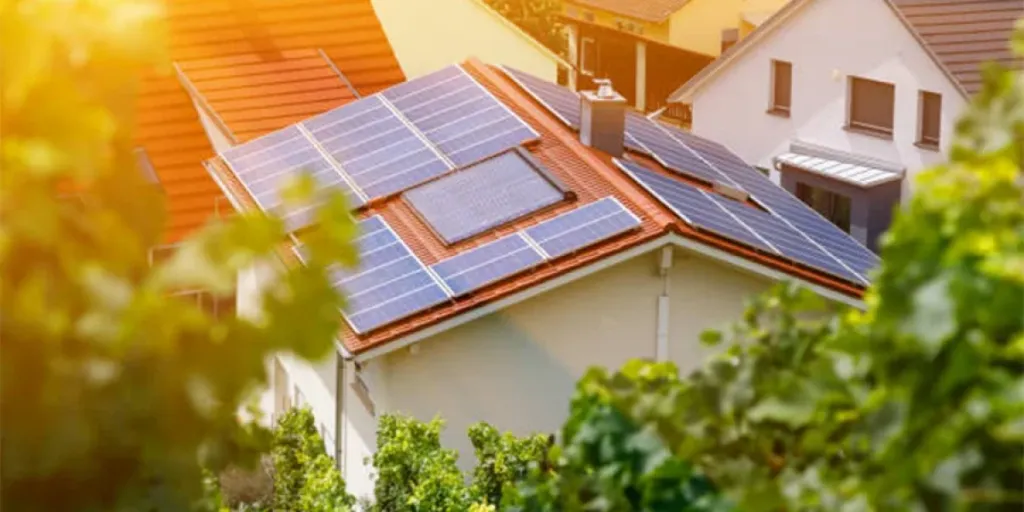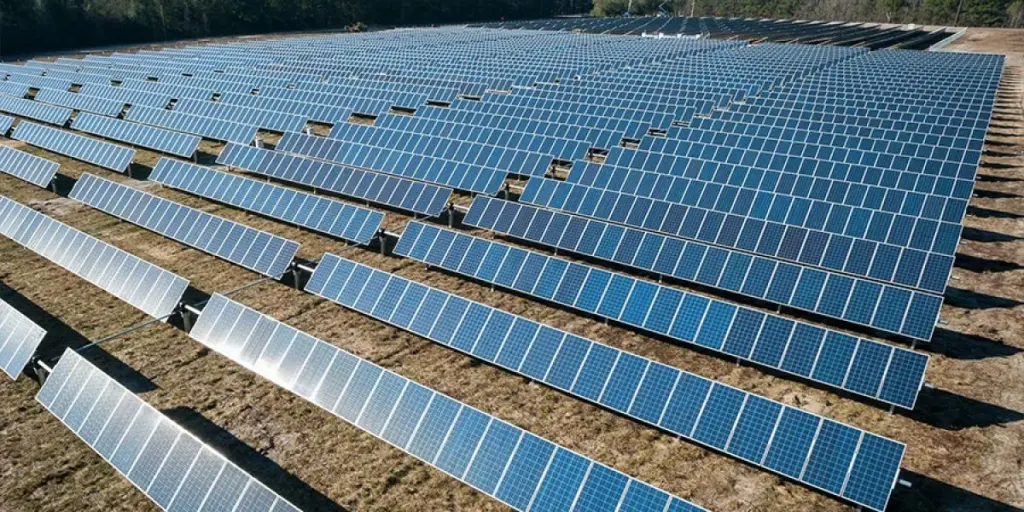- The EU has launched investigations into a 110 MW solar PV auction completed in Romania
- It will determine if the winning bidders were helped by foreign subsidies that distort the internal market
- The investigations involve the 2 winning consortiums of ENEVO Group and LONGi, and Shanghai Electric UK & Shanghai Electric Hong Kong International Engineering
- CCCEU believes the EU is unfairly targeting Chinese companies through the FSR from operating in the bloc’s green market
The European Commission has launched investigations into a public auction of 110 MW solar PV capacity in Romania to ascertain if the winning Chinese bidders got an unfair advantage from state subsidies, to win the contracts. The inquiries have been initiated under the European Union’s (EU) Foreign Subsidies Regulation (FSR).
Out of the 2 investigations, 1 involves the winning consortium of ENEVO Group, comprising LONGi Solar Technologie GmbH. The latter is the German subsidiary of Chinese solar PV manufacturer LONGi Green Energy Technology.
The other investigation has been launched against the consortium of Shanghai Electric UK and Shanghai Electric Hong Kong International Engineering.
The auction, partially financed by the EU Modernisation Fund, was conducted by Romania’s Societatea PARC Fotovoltaic Rovinari Est for the design, construction and operation of the 110 MW solar park.
Having come into effect in January 2023, the EU’s FSR rules aim to address distortions caused by foreign subsidies to ensure a level playing field for all companies operating in a single market.
Promptly, the China Chamber of Commerce to the EU (CCCEU) released a statement condemning the FSR investigations against Chinese companies. It argues that all 3 FSR investigations launched to date by the EU target Chinese companies.
The EU launched the 1st FSR investigation into Chinese company CRRC Qingdao Sifang Locomotive’s bid to supply 20 trains to Bulgaria in a public tender. Following the launch of the investigation, CRRC withdrew its bid in March 2024. CCCEU believes the EU is using FSR as a tool to deter foreign companies and coerce them into withdrawal and subsequent business exclusion.
“We express our serious dissatisfaction with the abuse of the new tool by the relevant authorities and the use of Foreign Subsidies Regulation as a new tool of economic coercion to interfere with the reasonable and lawful economic operations of Chinese enterprises in the EU’s green and low-carbon transition market,” writes the CCCEU.
However, the Commission says it has sufficient indications that both the winning solar consortiums were granted foreign subsidies that distort the internal market.
It will now further assess the alleged foreign subsidies to establish whether they may have allowed the companies to submit an unduly advantageous offer in reply to a tender. This, it explains, could cause other companies participating in the public procurement procedure to potentially lose sales opportunities. A decision is said to be taken within 110 working days.
“Solar panels have become strategically important for Europe: for our clean energy production, jobs in Europe, and security of supply,” said the EU Commissioner for Internal Market, Thierry Breton. “The two new in-depth investigations on foreign subsidies in the solar panel sector aim to preserve Europe’s economic security and competitiveness by ensuring that companies in our Single Market are truly competitive and play fair.”
This EU move comes at a time when domestic solar manufacturers in the bloc demand increased financial support and some kind of a regulation to compete with Chinese modules offered at record-low prices in a global product oversupply environment.
While the commission has made it clear it is not looking at trade tariffs on imported solar products to ensure continued pace of deployments, it plans to support domestic manufacturers with other policy measures (see EU Not Thinking About Trade Measures For Solar Imports).
Although it seems the initiation of these FSR investigations is rather technical, based on the rules, it remains to be seen if this instrument will be used in concert with other measures to protect Europe’s solar manufacturing plans that are way behind – and so far, much less successful – of what the US or India have created. After the EU co-legislators recently agreed on the Net Zero Industry Act (NZIA), and the Forced Labor Ban and the Corporate Sustainability Due Diligence Directive (CSDDD) on the final meters, the next step will be to create and implement guidelines.
Source from Taiyang News
Disclaimer: The information set forth above is provided by Taiyang News independently of Alibaba.com. Alibaba.com makes no representation and warranties as to the quality and reliability of the seller and products.




